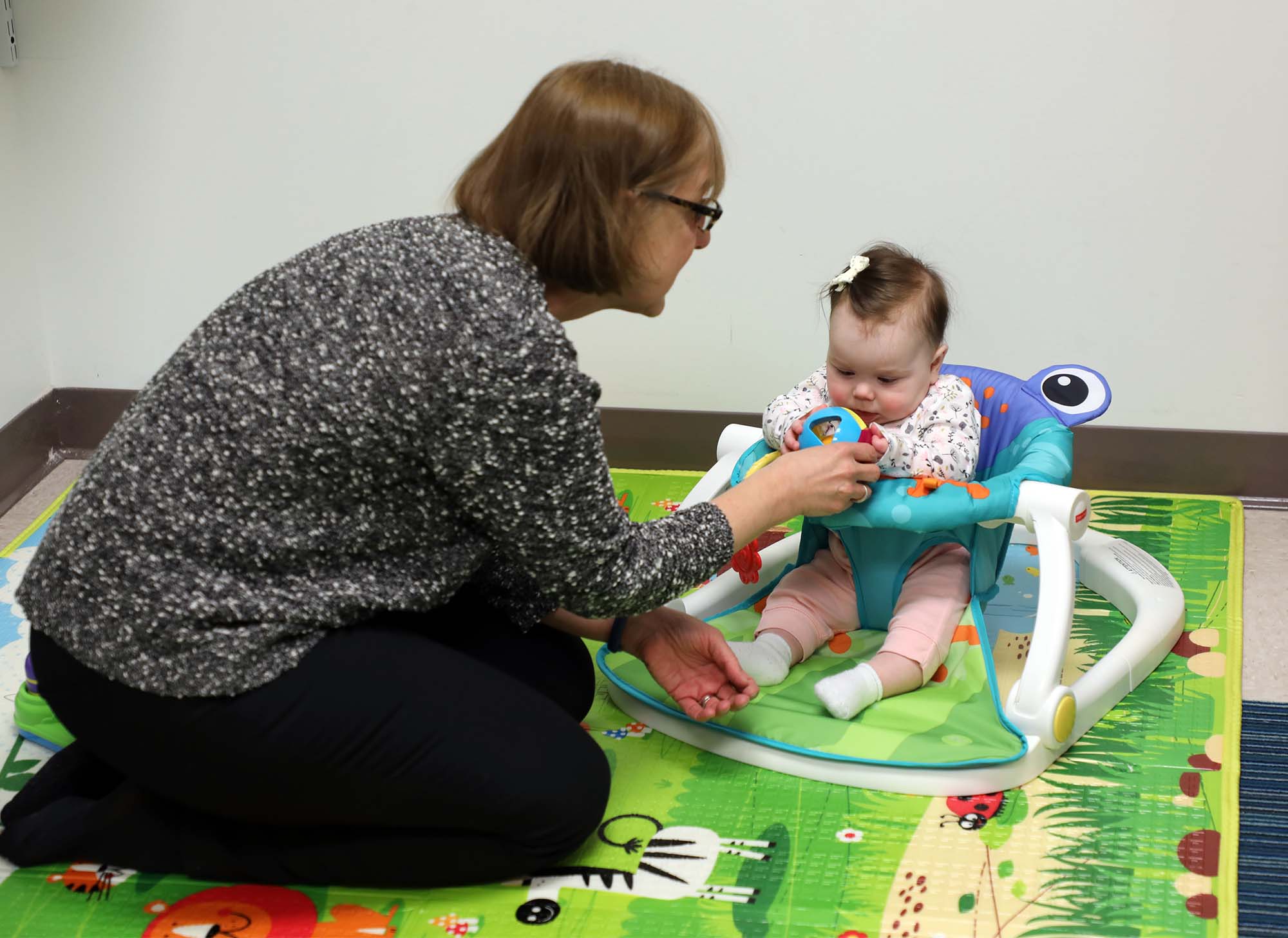Autism Infant Sibling Study: Identifying Early Signs of Autism
Researchers have found that infant siblings of children with autism can show symptoms of autism spectrum disorder (ASD) before their first birthday. A remarkable study by Graupner and Sallows (2017) of the Wisconsin Early Autism Project on early identification of autism suggested that symptoms of autism — such as lack of eye contact, lack of smiling, reciprocal cooing, and babbling — can emerge as early as the first two months of life. In the Wisconsin study, 14 babies were identified as symptomatic prior to the age of 6 months and received 15 to 40 hours of 1:1 early intensive behavioral intervention (EIBI) from a therapist. EIBI includes, but is not limited to, ongoing cooing, eye contact, and extended playing with a trained therapist. Of the 14 who showed symptoms, 13 showed no symptoms by 24 months after their treatment.
Dr. MacDonald’s Study for Infants with Autism
Dr. Rebecca MacDonald, a long-time senior program director at NECC, replicated this study at NECC. Dr. MacDonald and her team have spent the last few years documenting the early emergence of autism symptoms in high-risk infant siblings less than 6 months old. The research team even developed an Early Markers of Autism (EMA) assessment tool for young infants from data collected in the study. While Dr. MacDonald retired in the summer of 2023, the study continues under the direction of:
Erin Michaud, PhD, CCC-SLP, BCBA-D, LABA (principal investigator)
Sally Dupere, MS, BCBA, LABA
Victoria Yarzebski, MSEd, MS, BCBA, LABA
If you are interested in having your child participate in the study, please contact [email protected].
For more information on the project, click here.

